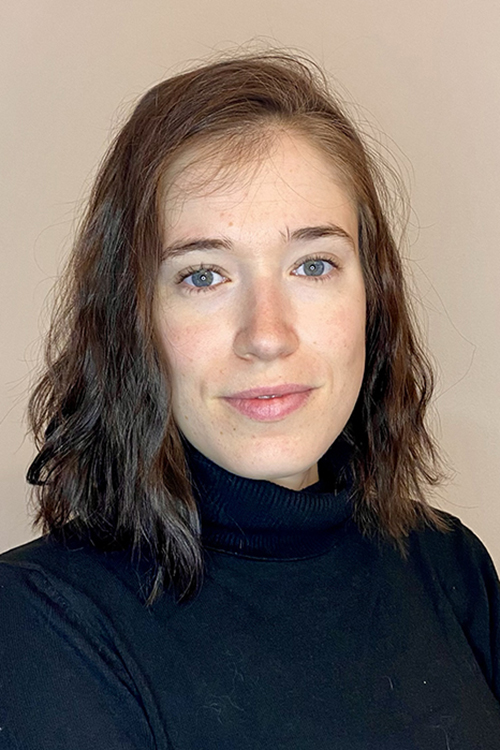
ORCID ID: 0000-0003-3855-6242
Curriculum: Clinical Neuroscience
Tutor: Professor Nadia Bolognini
Supervisor: Professor Laura Zapparoli
Workplace: Department of Psychology, University of Milano-Bicocca.
I am a chartered psychologist (Master’s Degree with honors in 2020 and certified in 2022) with experience in Cognitive Neuroscience. I am currently in my third year as a PhD student in Clinical Neurosciences. In recent years, I have had the opportunity to deepen the theme of motor control and cognition with behavioral, meta-analytical, and neurofunctional techniques both in healthy subjects and in pathological populations and to deepen, in particular, the theme of intentionality and motor awareness. I started my research experience in 2020, with the realization of my master’s thesis, aimed at investigating the neurofunctional bases of the sense of agency and motor awareness in patients with Gilles de la Tourette syndrome.
During the postgraduate professional internship, I investigated (i) motor mental representations towards edible stimuli, (ii) the behavioral and neurofunctional bases of the sense of agency in joint actions, and (iii) the effects of physiological aging on the processes of movement production and motor awareness.
In recent years, thanks to the PhD scholarship in Clinical Neuroscience, I have had the opportunity to deepen my research on motor control and awareness, with a specific focus on the sense of agency. In particular, I am investigating which factors can influence the genesis of this phenomenon in healthy subjects and pathological populations through the use of different behavioral measures of the sense of agency.
PhD research project
The spatial side of the sense of agency in a virtual-reality setting
My project aims to provide new knowledge on the sense of agency through behavioral tests combined with advanced virtual reality methods. In particular, I want to investigate the spatial dimension of the sense of agency and its interaction with the temporal component.
The sense of agency is the subjective feeling of being the agent of our actions and of the consequences that we produce in the external environment. In a series of fMRI and TMS experiments, Zapparoli and colleagues (2020) have recently demonstrated the crucial role of temporal predictions in the agency experience: in order to feel responsible for an external event, this event should occur within a specific temporal interval from our action. Importantly, this time interval is tuned to our everyday life experience: for example, we will feel agents of the lightening of a lightbulb only if it occurs after 200 milliseconds from our action (indeed, about 200 milliseconds are the latency that can be measured in real life between the time when we press a light switch and the time that a conventional light bulb takes to be fully on). These findings highlighted the temporal dimension in the arising of the sense of agency. Yet, the spatial dimension of the sense of agency is still largely unexplored; this is surprising since predictions about action outcomes should also have a spatial “specificity”. I will test the spatial component through a series of behavioral experiments.
Further info
Please visit: